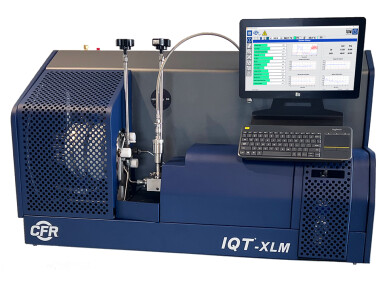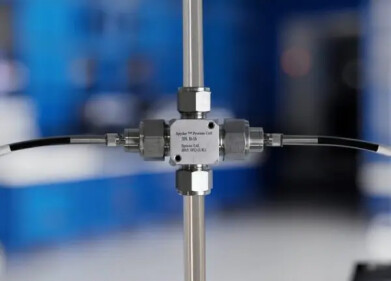Analytical Instrumentation
Why Will Petrol Be Allowed to Exceed Pollution Limits?
Nov 02 2016
Despite the EU being under major pressure to improve its environmental credentials, new draft laws could allow petrol cars to exceed set pollution limits by 50%. Even more alarming is the fact that the regulations are backed by the UK, as well as the majority of other EU states. According to sources, car manufacturers lobbied heavily for the inclusion of loopholes that will allow them to sidestep EU laws that limit toxic particle emissions for new petrol powered cars.
A major health concern
These ambiguities could materialise as a major health issue, with particle matter identified as the largest single contributor to the 600,000 pollution related heart and lung disease deaths that plague Europeans every year. Not only is it harmful to EU citizens, but according to the World Health Organisation the associated health costs could top €1.6 trillion a year.
“With this ridiculous proposal, the EU’s member states are again trying to dilute EU laws at a terrible cost to human health. We will call on the European commission to come to the European parliament and explain themselves on this issue,” comments an understandably outraged Bas Eickhout. As a Green MEP on the European parliament’s environment committee, he’s vowed to ensure that a repeat of the VW scandal isn’t on the cards.
Car manufacturers turn up the heat
Car manufacturers are quickly emerging as villains, with sources revealing that vehicle makers are pushing for loopholes that would allow petrol cars to emit a toxic particle count that’s 300% over the EU limit limit. Furthermore, campaign group Transport and Environment (T&E) is maintaining that for just £22, manufacturers could install simple emissions filters that would reduce emissions by a factor of around 100.
Campaigners have publicly expressed concern that new environmental legislations are being manipulated to meet the needs of the automotive industry, with Florent Grelier, a T&E clean vehicles engineer describing the situation as a “petrolgate scandal in the making.”
“Unless the European commission and governments establish strict test procedures to protect the industry from its own short-sightedness, within a few years we will see continuing high levels of particles killing hundreds of thousands of citizens prematurely,” he warns.
Will the EU choke?
With the December 7 deadline looming, it’s now up to EU member states to continue discussing the draft regulation, and decide how much power the auto industry will yield over the decision.
Toxic particle emissions aren’t the only pollutant on the World Health Organisation’s radar, with benzene also identified as a human carcinogenic capable of causing bone marrow damage which can lead to acute myeloid leukaemia. ‘Benzene – Measurement of ppb levels accurately in real time’ explores the latest techniques being used to measure benzene against a background of other BTEX gases, and spotlights the revolutionary new DV3000 instrument which uses DOAS (differential optical absorption spectroscopy) to measure benzene at low ppb levels.
Digital Edition
PIN 25.5 Oct/Nov 2024
November 2024
Analytical Instrumentation - Picturing Viscosity – How Can a Viscometer or a Rheometer Benefit You? - Sustainable Grease Formulations: Evaluating Key Performance Parameters and Testing Method...
View all digital editions
Events
Dec 03 2024 Dusseldorf, Germany
Dec 08 2024 Anaheim, CA, USA
Turkey & Black Sea Oil and Gas
Dec 11 2024 Istanbul, Turkey
Dec 19 2024 Aurangabad, India
Jan 20 2025 San Diego, CA, USA



















